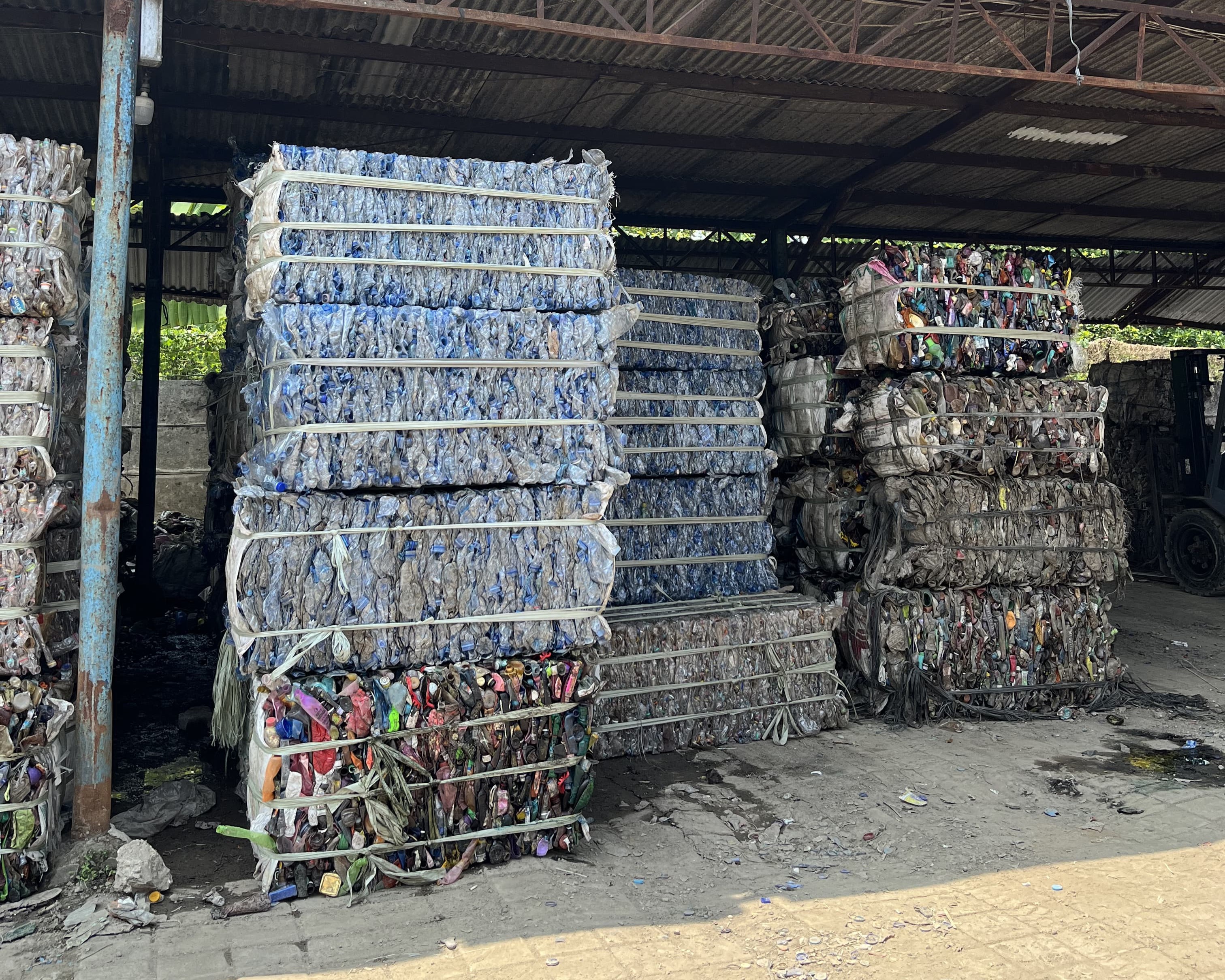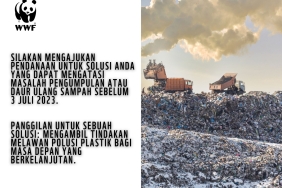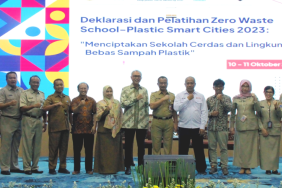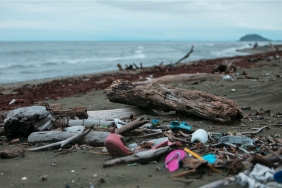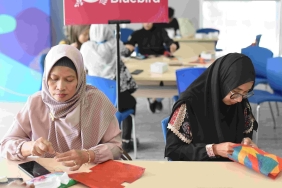PLASTIC WASTE? LET'S CRUSH IT!
We, the internship team from Universitas Negeri Jakarta, were fortunate to be able to join a journey that opened our horizons about plastic waste management in big cities that are assisted by WWF-Indonesia. Together with the Plastic Smart Cities (PSC) team, we visited various partners spread across Jakarta, Bogor, and Depok. Starting from Bank Sampah Unit to big companies such as Waste4Change, Kibumi, and RECO Consortium. This trip gave us a new outlook on how important cooperation is in preventing plastic waste from polluting the environment.
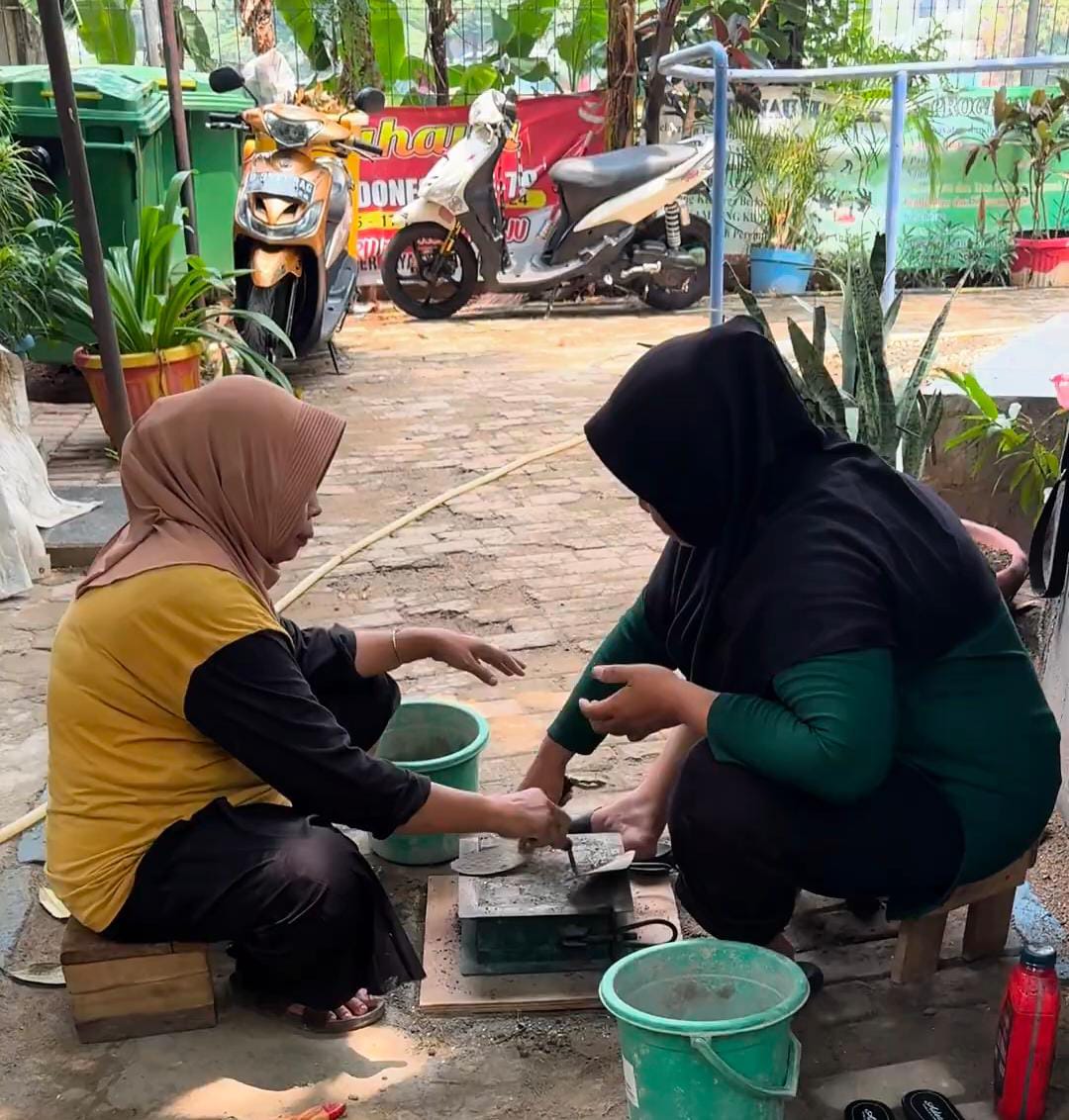
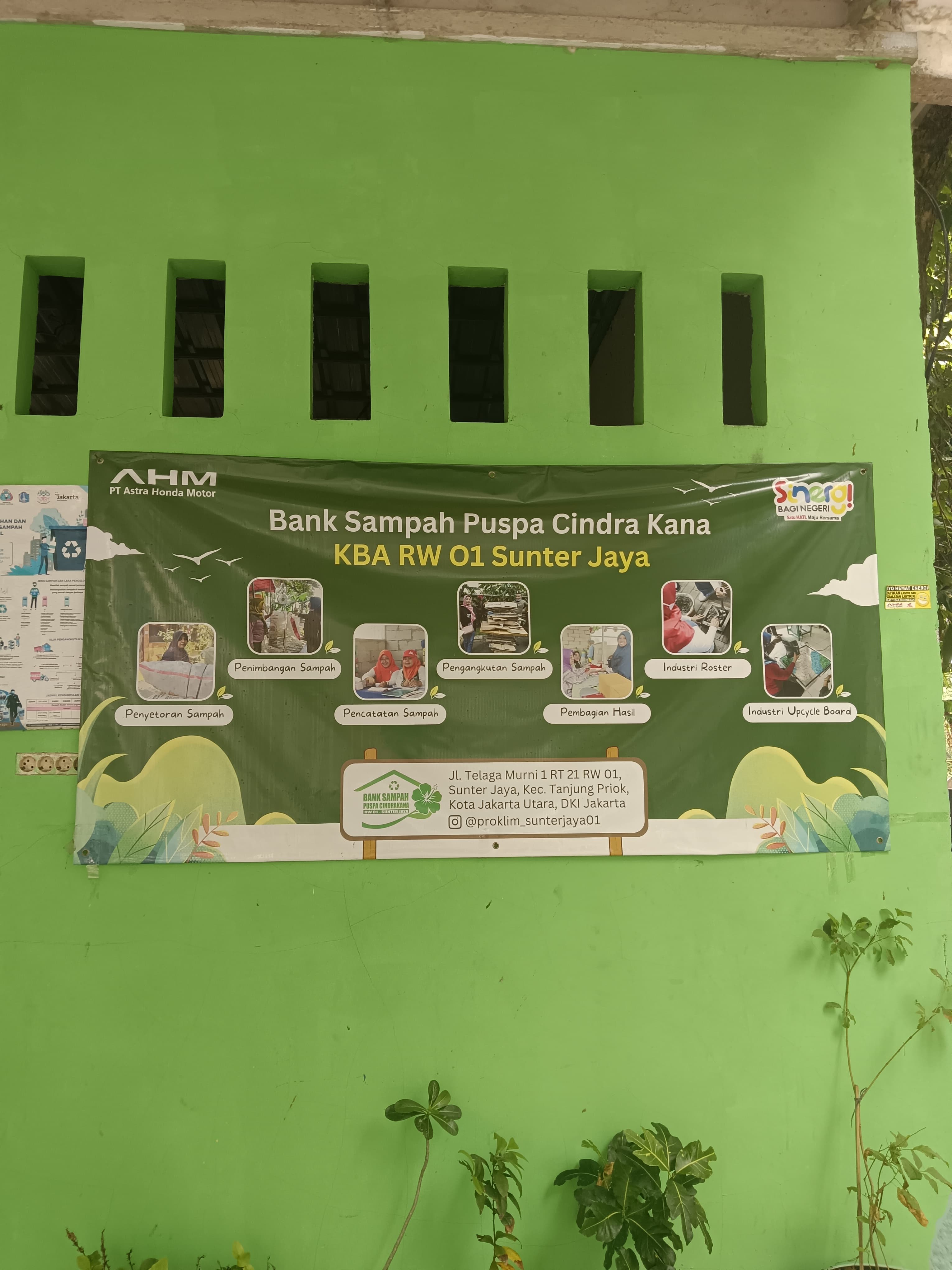
Our first step was to TPST Mutiara Bogor Raya, transforming into the Takesi Cooperative (Taman Kreasi Olah Sampah Terintegrintegrasi). Here, we learned how they manage household waste into valuable products through waste banks and organic farming. The Takesi Cooperative is creating a cleaner surrounding environment and a source of income for its members. "Wow, the formation of this cooperative is a very good idea, TPST MBR can be an inspiration," said Fahtia. Their enthusiasm made us realize that big changes start from small consistent steps.
Next, we visited Puspa Cindra Kana (PCK) Waste Bank, a Waste Bank Unit located in the middle of a residential area in Sunter Jaya, North Jakarta. This waste bank invites its residents to sort waste from home to process household waste into various unique products, such as eco enzyme, pots from used gallons, and green rosters from worthless waste, namely Multilayer Plastic (MLP).
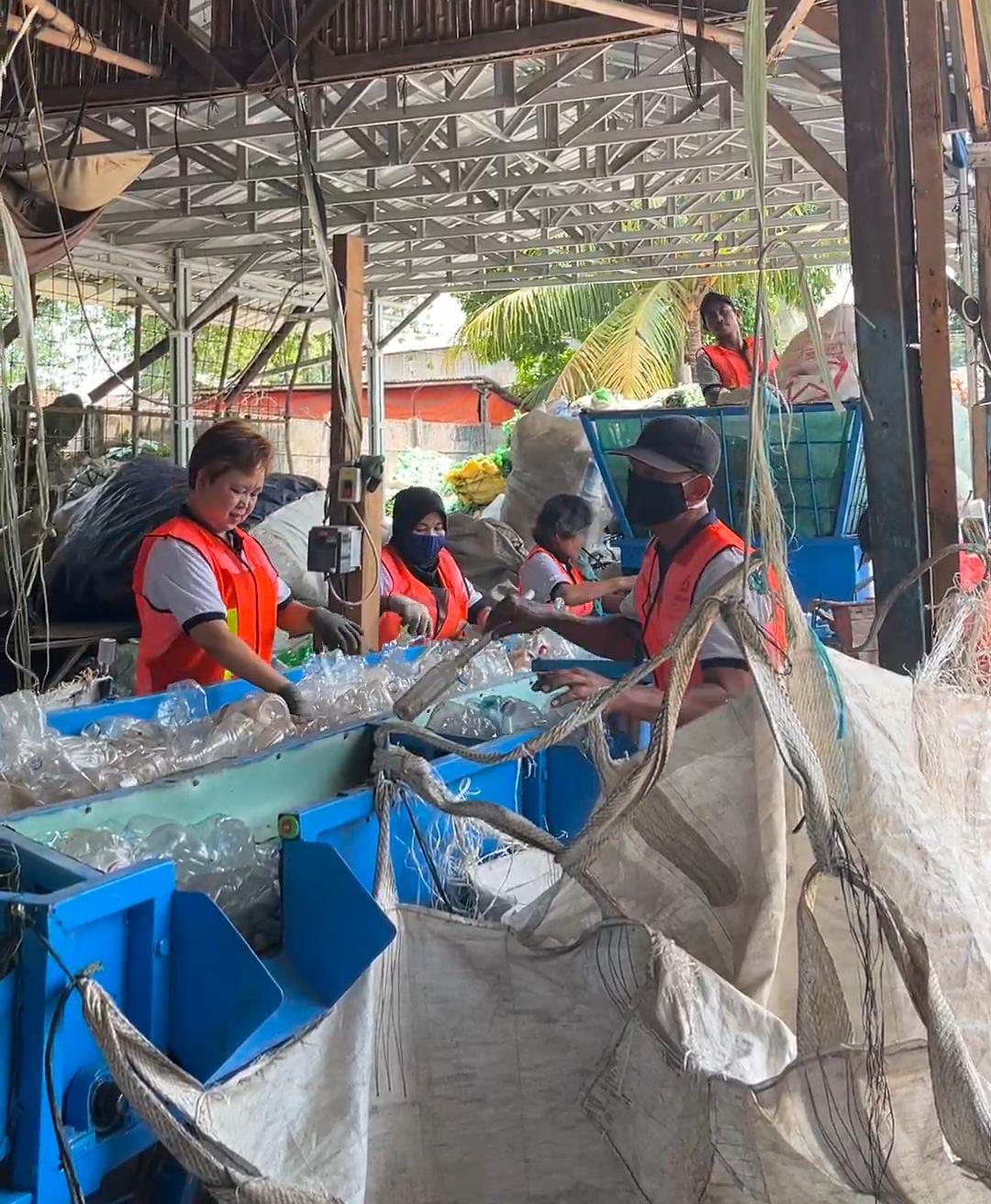
"Wow, it's really cool that there are so many products produced from waste management!" exclaimed Nadiyah, who was visiting PCK Waste Bank at the time. Seeing the creativity that emerged from plastic waste made us realize that in the right hands, waste can be turned into useful and even inspiring works.
Moreover, the waste bank administrators, who are mostly housewives but have a strong commitment and burning spirit like young people, have a big influence on waste management, especially in the realm of waste banks. And that's not all, the housewives also act as movers, motivators, and main actors in waste management actions for their respective waste banks.
Our journey continued to other partners, namely ADUPI (Indonesian Plastic Recycling Association), Kibumi and UD Indah Plastik. At Kibumi, we learned the process of pressing PET plastic, especially used plastic bottles, into a solid form ready for distribution. Not only that, Kibumi also provides employment opportunities to mothers and fathers around their neighborhood, creating a positive social impact.
At UD Indah Plastik, the plastic processing process is more complete. They process plastic bottles into small flakes that can later be used as raw materials for recycled products. Through a meticulous process, from sorting, to cleaning, to grinding, we witnessed how waste that was considered worthless was transformed into industry-ready materials.
"Wow, it's really exciting to see the recycling process from start to finish!" said Adinda after seeing the plastic processing process at UD Indah Plastik.
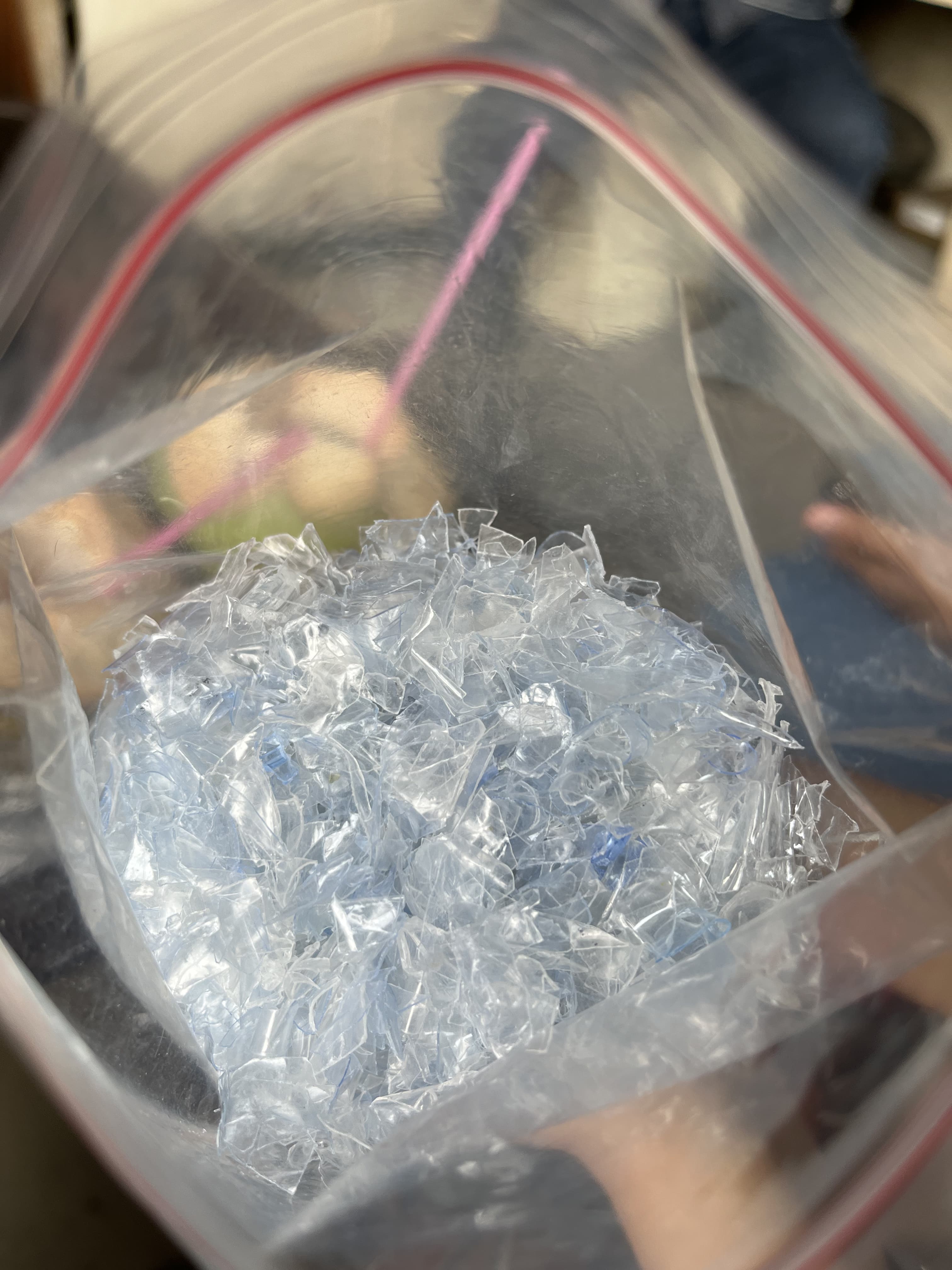
As a final step that week, we visited Waste4Change Warehouse and RECO, two companies engaged in plastic recycling. At Waste4Change, we learned how HDPE and polyethylene plastics are processed into recycled raw materials. This process is part of the waste management chain that helps reduce plastic waste littering the environment.
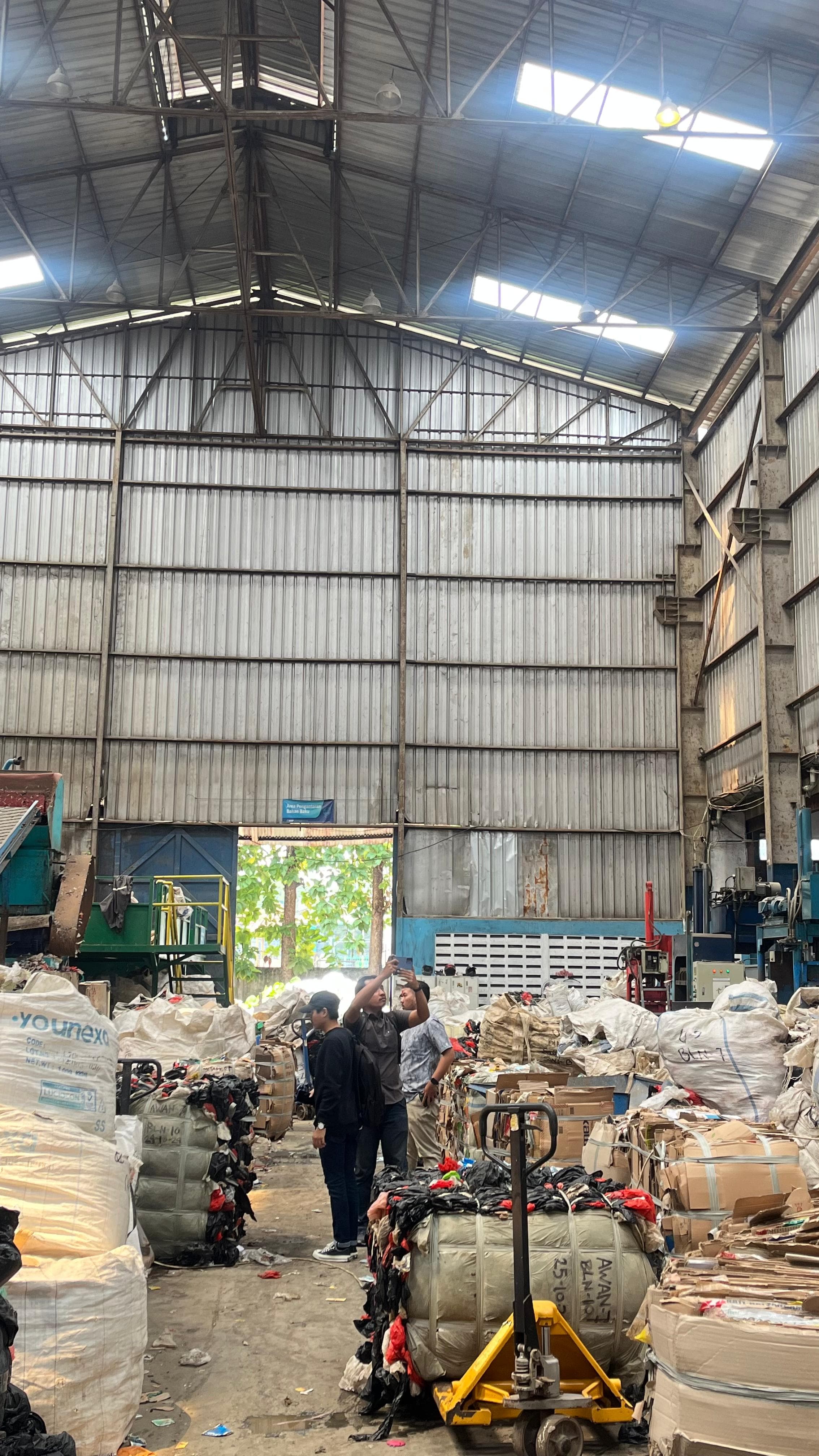
Our last visit was to RECO, which has the technology to convert waste plastic into plastic pellets, an end product ready to be used by other industries. "It's really cool to be able to shape them like that!" exclaimed Yoshi, who was visiting at the time. Modern technology and a dedicated workforce make RECO one of PSC's crucial partners in achieving sustainability goals.
"After participating in this activity, I understand that plastic waste management is really important. Seeing how PSC partners turn waste into useful items made me realize that we can all contribute. Starting from small things like sorting waste at home, we can all be part of the solution," said Fahtia, one of the interns who participated in the activity.
This trip opened our eyes that plastic waste management requires close cooperation from upstream to downstream. WWF-Indonesia and its partners continue to commit and collaborate to bring real solutions to prevent plastic waste from polluting the environment. As individuals, we can also play a role in this effort, from sorting waste at home to supporting recycling initiatives. With consistent small steps, together we can create a cleaner and more sustainable environment.

